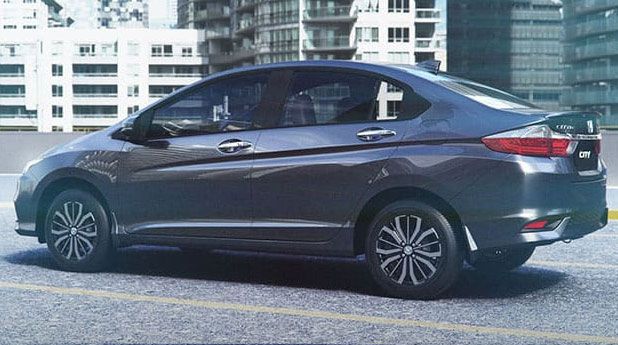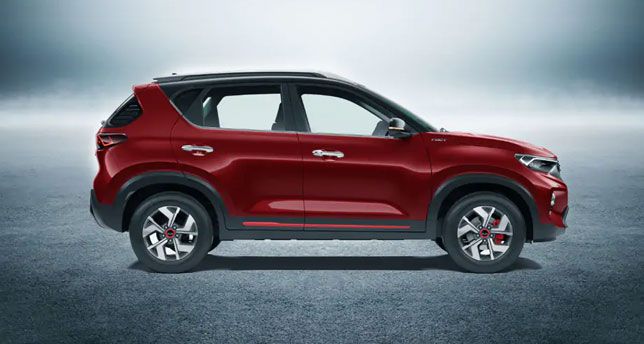
Many of the daily car users are often stuck in confusion about which fuel is the best suited to their car- regular, premium or high-octane fuel. Most of the advertisements showcase the benefits associated with high octane fuel but, it’s not always mandatory for your car. This article will help you in understanding the engine’s functioning and characteristics and which fuel does it require?
To understand the need for fuel, a consumer-first needs to understand the phenomena of Engine Knock. A lot of characteristics of an engine are based on the ignited mixture of air fuel. This needs to be handled very carefully because it can either make or break your car at the same time. If the air-fuel mixture is ignited at the late stage, you might lose some power as the piston starts moving downwards wherein, the explosion loses its efficiency.
On the other hand, if the air-fuel mixture ignites at the early stage, then perhaps there could be a major danger as the pressure and high temperature of the engine’s cylinder might lead the fuel mixture to burn before the plugin of a spark being ignited. Owing to the untimely and unwanted combustion, a lot of damage can be caused to the engine and its associated components.
Thus, to prevent such risks and threats, one should always consider the octane number that helps in determining the fuel’s resistance whilst avoiding self-detonation characteristics of petrol. Therefore, it is always advisable to use fuels enriched with octane numbers as they help advance the ignition timing and empower production. Additionally, if more power is not required then, the engine automatically turns out to be fuel-efficient. It can be analysed that ignition advanced timing benefits engines in various ways considering mileage and acceleration. Owing to such reasons, car manufacturers recommend High Octane Fuel.
Different chemical compositions collectively determine the octane number wherein, diesel and petrol are the necessary hydrocarbons that are organized in different arrangements. Based on the chemical compositions, the fuels are segregated into three different categories such as high (above 91 numbers), mid (89-91 numbers) and low octane fuels (87 in number). Such fuels are a bit expensive and must only be used after the recommendation of the car’s manufacturer.
Use Fuel Only After Getting Recommendations:
While purchasing a new car, its manufacturer always makes it clear which fuel will suit the best to your car, resulting in the best for your engine. This is because car engineers design the engine that offers a perfect blend and balance between fuel, power, emission and economy including various other anti-knocking properties.
Thus, using premium fuel after the recommendation of regular fuel will not give any advantage to the engine. This is because fuel doesn’t do anything on its own despite, engine recognizes it and changes the ignition timing, using high octane fuel. Alongside this, if you are suggested to use only high-octane fuel then, it’s for the engine’s better performance, more power generation and longer-lasting life. However, using regular fuel would not negatively impact the engine but might slow down a bit of power.
Hence, it is always advisable to use the fuel, suggested by the car manufacturers as the engine automatically recognizes the fuel and advances the ignition timing; wherein, manufacturers know each bit of it, in-depth and in detail.























